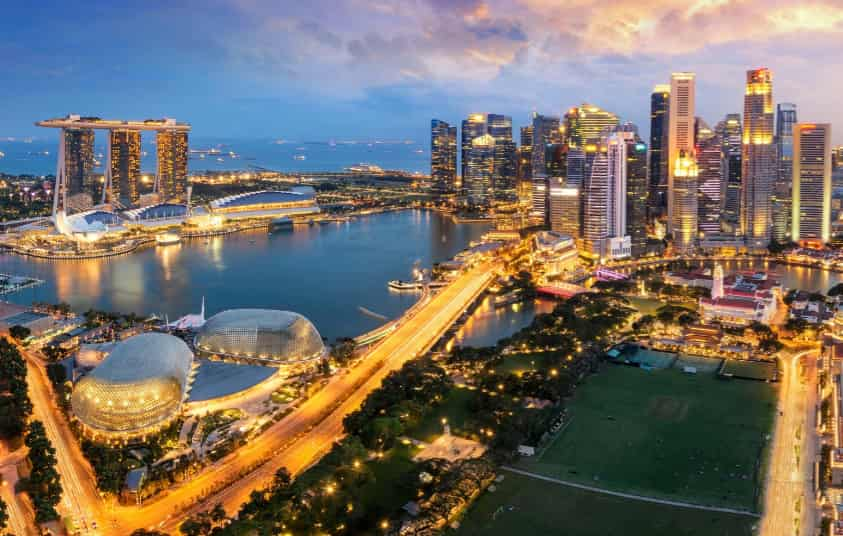Singapore to introduce No-Boarding Directives (NBDs) by 2026 to strengthen border control and public safety
The new guidelines allow immigration officers to deny entry to high-risk travellers who may pose a threat to Singapore’s health, safety, or immigration rules before they depart.
4th of August 2025

Singapore: No-Boarding Directives (NBDs) is a new border program to be introduced by 2026. It aims at stopping high-risk travelers from boarding planes or ships heading towards the country, while also improving public safety and strengthening immigration control.
These new guidelines give immigration officers power to reject high-risk travelers from visiting Singapore, if they pose any threat to the health, safety, or immigration rules prior to their departure. Any airline violating these directives, will see a fine of up to SGD 10,000 for each offense.
Stronger screening and use of biometric data
No-Boarding Directives (NBDs) is part of a broader strategy which focuses on improving border safety with the use of advanced technology and better screening. In 2025, the number of foreign travelers turned away at the border grew by 43% as compared to the same period in 2024. This increase is due to stronger security checks and better data analysis.
Individuals who may be blocked from entering include former deportees, members of criminal or extremist groups, or those imposing a health or national security risk. They will be identified using predictive security measures and biometric data.
Increasing land border security
Additionally, Singapore's government is preparing to further secure its land borders. Currently, the NBD system does not cover travelers by bus or private car from Malaysia. The government is, however, considering means of gaining more passenger information for land travel.
With the number of travelers increasing to 230 million individuals in 2024, Singapore is introducing biometric screening to handle this surge of tourists. Facials or iris scans now enable numerous people to go through immigration without needing a passport.
These reforms are designed to make a smarter, more efficient and more secure immigration process. Most travelers will get clearance faster. But for high-risk travelers, the new system will block them from entering Singapore.
Latest
- Antigua and Barbuda to welcome over 113,500 Cruise passengers in March 2026
-
Antigua and Barbuda by-election: ABLP’s Randy Baltimore begins door-to-door campaign -
Nevis sees surge in cruise arrivals as 2025-26 season continues -
National School Meals Programme rejects claims of substandard vegetarian meal in Antigua and Barbuda -
LIAT Air Expands Caribbean Network with New Routes to Antigua and Montego Bay
Related Articles

21st of June 2024

23rd of January 2024

9th of January 2024


22nd of January 2022


14th of September 2021

